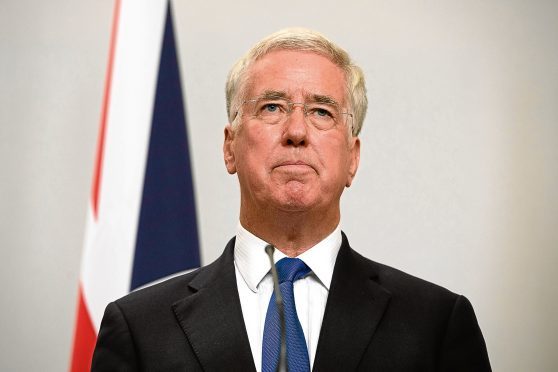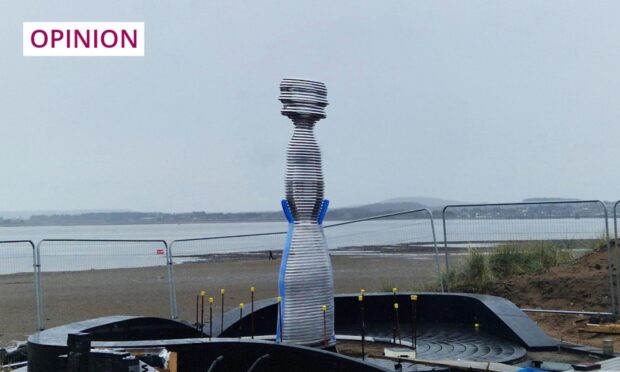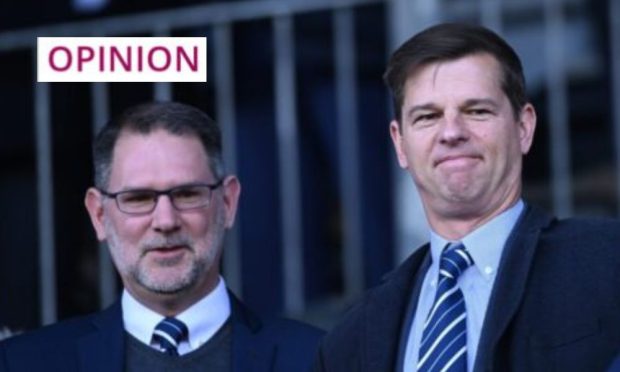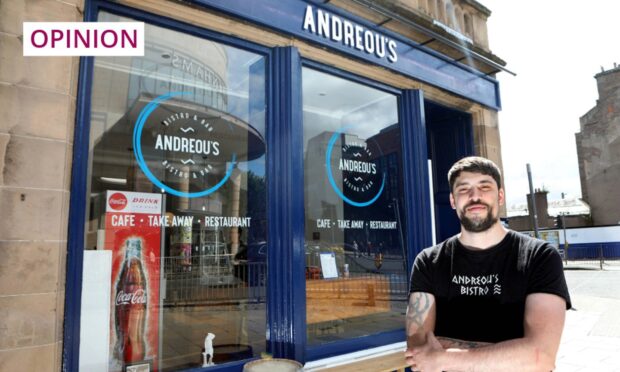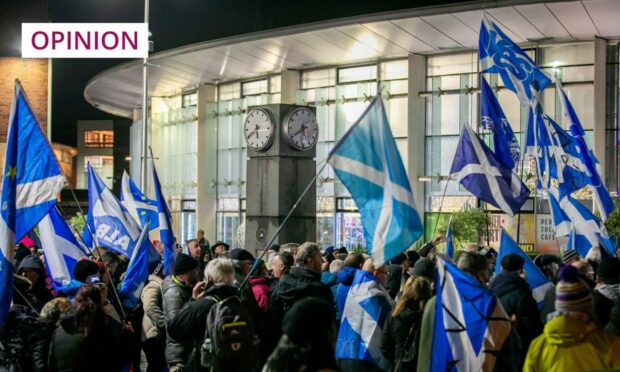Anne Robinson, never knowingly under-opinionated, has been telling this week of her “despair” at the young women of today who are too “fragile” to stand up for themselves.
This comes, of course, in the tsunami-like wake of the Harvey Weinstein revelations; the fall-out, not only in the film industry, and not only concerning the experience of women, looks set to continue for the foreseeable future.
I have a certain fellow feeling with her point of view as I have, in my time, told those bestowing their unwanted attentions upon my younger self to be about their business in no uncertain terms. These kind of people like to dish out embarrassment and mortification but don’t revel in having to take it themselves. In the immortal words of Dad’s Army’s Corporal Jones, they don’t like it up ‘em, especially in a public place at a level of decibels possible for those of us who have studied opera.
It’s uncomfortable enough when this kind of thing comes from the people you work with. When it comes from those you work for, that’s a different kettle of poisonous poissons. When your job and your livelihood are compromised by someone who won’t take no for an answer, a level of fragility is understandable. As, in a very different way to Ms Robinson’s feelings, is a level of despair.
The past is another country, as L P Hartley wrote; they do things differently there. But although the glass ceiling has existed for all of the time that women have been struggling to get into – and to get on in – the workplace, there is an altered context now. This has come bubbling muckily to the surface very recently, created by people, mainly men, I’m sad to say, with a sense of entitlement and a complete belief that they can do what they like, when they like, to whom they like and never have to answer for it. Bullying, sexual or otherwise, is all about power and when those in power are the ones doing it, they rely on silence and vicarious shame to get away with it. Until now, speaking out, as well as talking back, has either not been supported or has been actively discouraged.
Another broadcaster, John Humphrys, has shared his view that “the culture of accountability” has “gone too far”. Some, as MP Jess Phillips described two of her Labour colleagues this week, may talk about witch hunts and over-reactions to what they obviously still see as a kind of cheery, nudge-nudge, wink-wink Carry On Up The Commons state of affairs. Sir Michael Fallon’s resignation has probably put paid to that; there is now a much less distant sound of pigeons coming home to roost.
Wild or downright false accusations should, of course, be dealt with smartly. It’s just a pity that up until now, many allegations, obviously valid or not, weren’t dealt with at all. Fragility aside, most women of my acquaintance are perfectly capable of telling the difference between a sincere, if clumsy, chat-up and an attempt at coercion. The fact that a lot of men aren’t, Ms Robinson & Co, and that you and your ilk can’t acknowledge how prevalent and poisonous that is, is surely a far greater cause for despair.
China crisis?
Having had a bit of a go at certain budget airlines recently re their changing and challenging policies on what you can and can’t take on to a plane with you, I am all for anything that improves the flying experience for the regular punter.
It’s always amused, but not amazed, me that as soon as it was broadcast widely that plane travel was ruining the planet, it was all basically put down to too many people going on holiday. It was all right, obviously, as long as only the select few were jetting about for luxury breaks or executive business trips. But as soon as the common five-eighths got their smutty mitts on a boarding card and a fortnight’s full board in Torremolinos, Turkey or Thailand, we were, literally, getting above ourselves.
Any road (or should that be runway?) up, Singapore’s Changi Airport is flying the flag for ease of travel in the modern world. Its new Terminal 4 is trialling an automated check-in system, where passengers can brandish their bar-codes, stick their faces into a scanner, wave a cheery goodbye to their luggage and never have to speak to a real human being.
This cutting-edge technology, it seems to me, flies in the face of what we are always being told that modern-day customers and clients want: to speak to a real person who understands what you’re talking about and is familiar with the word “helpful”.
Have they learned nothing from the great supermarket hokey-cokey of recent times? Check-in, check-out, shake it all about and at the end, still have to rely on the assurance that “help is coming”, presumably in the form of that hitherto under-employed real member of staff?
Apparently, Changi Terminal 4 expects 16 million travellers per year. I wonder how many different audio translations they’ll have to commission of: “Unexpected item in bagging area”.
